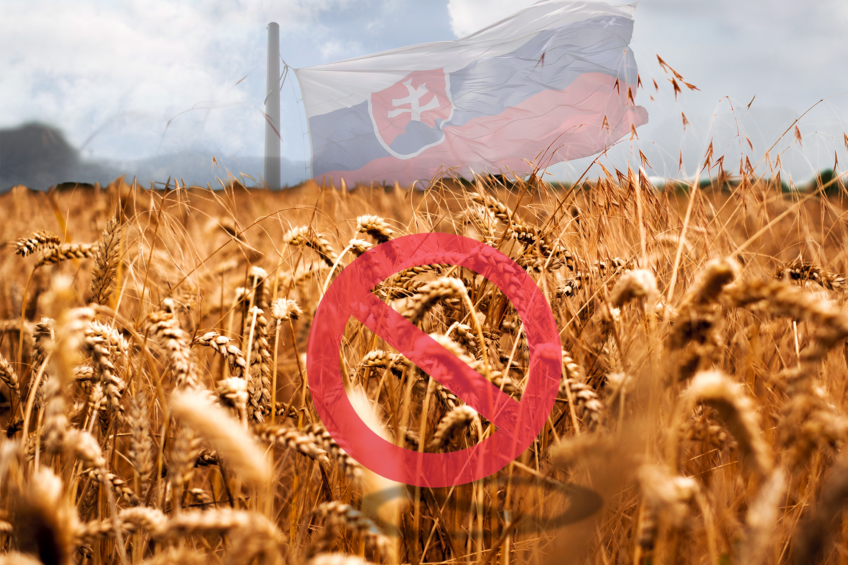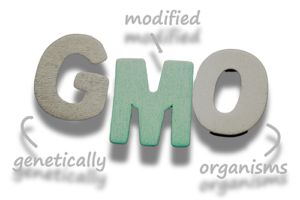Slovakia feed industry considers self-restrictions on GMO feed

Failing to urge the government to restrict GMO (genetically modified organisms) production in the country, Slovakian environmentalists and activists devise an idea to introduce voluntary registration of feed on the market.
At the end of 2024, the Slovakian Association of Feed Producers, Storekeepers and Trading Companies developed an initiative under which feed crops grown without the use of GMO technologies would receive relevant certification and labelling.
The project’s goal was to ensure that the Slovak Republic does not produce and introduce GMO-containing agricultural and food products, Marek Lukáčik, association secretary, told local news outlet poľnoinfo.sk.

Initiative encouraged by Poland’s decision on GMO
The initiative was largely encouraged by Poland’s government decision to postpone the ban on GMO feed in the country by 2030.
Unlike Slovakia, Poland has enforced a ban on GMO cultivation, though the Slovak feed producers’ association insists that GMO crops are not grown in their country either.
Potential GMO ban subject to debate
A potential ban on GMO cultivation has been a subject of fierce debate in Slovakia in recent years. In 2023, the Slovak Agricultural Ministry officially declined to impose the ban, though the petition to prohibit GMOs from growing in Slovakia collected over 18,000 signatures.
Better traceability
The new initiative bodes well with the call for better traceability along the supply chain. The Slovak Agricultural and Food Chamber (SPPK) came up with a statement on January 31 that it would join the European initiative End of Fake Food, which aims to ensure the authenticity and quality of food products in the European market.
As SPPK explained, a growing number of Slovak citizens support the view that it is necessary to disclose the true origin of food on their labels.
Compared with Poland, Slovakia has a much better chance of becoming self-sufficient in feed production, local feed producers believe.
We can grow our own corn, we have enough of it, the problem is soybean meal and soybean oil,”
Marek Lukáčik, association secretary, Slovakian Association of Feed Producers, Storekeepers and Trading Companies
Cost matters
In 2025, the union plans to hold the first negotiations with the Slovak Agricultural Ministry about funding their initiative.
“We are looking for a way for the Ministry to support certification, so growers could have it for free,” he said, explaining that in such case, the project would have better chances to succeed. Lukáčik also revealed that the authorities backed the idea, but the budget lacked the necessary money to make it real.
Investing in a GMO-free supply chain would not only bolster the popularity of Slovak food in the European market but also potentially increase its market share and profitability, members of the organisation assume.
“It would be an important investment from the perspective of Slovakia and its food, it should be a matter of national priority,” concludes Lukáčik.







